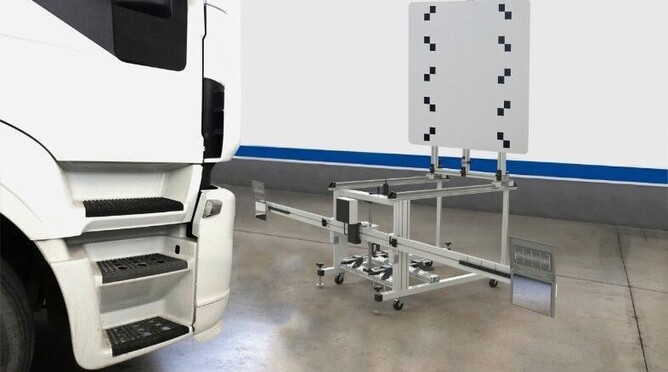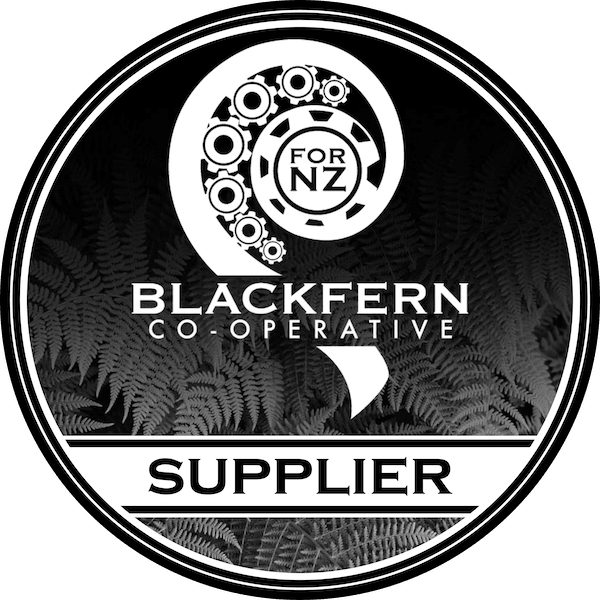Short answer: Yes — if you have the right tools, the right processes, and the right customers.
As more vehicles on New Zealand roads come equipped with Advanced Driver Assistance Systems (ADAS), recalibration is no longer optional — it’s essential. And that makes it a growing, high-value service opportunity for workshops of all sizes.
But is it worth the investment? Let’s break it down.
Why ADAS Is a Smart Business Move
1. Demand is increasing
Modern vehicles now come standard with features like:
Lane Keep Assist
Adaptive Cruise Control
Blind Spot Monitoring
Automatic Emergency Braking
These systems need recalibration after repairs such as:
Windscreen replacements
Bumper damage
Suspension or alignment work
Steering adjustments
Crash repairs
Workshops that can offer this service in-house are in a strong position to capitalise.
2. Fewer workshops = more opportunity
Right now, relatively few NZ workshops offer full ADAS recalibration. Many still outsource it or skip it altogether — creating a gap in the market.
By investing in ADAS tools and training, you can position your business as a trusted, specialised provider.
3. You already have the customers
If you're performing any of the following services, ADAS calibration can be an easy add-on:
Glass and panel repairs
Alignment or suspension work
Mechanical or structural repairs
Post-crash diagnostics
It becomes a natural upsell that:
Improves safety
Builds trust
Increases your average invoice value
How Much Can You Charge for ADAS Calibration?
Pricing depends on the vehicle and complexity of the job. But on average:
Service Type | Typical Charge (NZD) |
|---|---|
Basic Static Calibration | $180–$250 |
Dynamic Calibration | $250–$400+ |
Multi-system Calibration | $400–$600+ |
You could recoup the cost of an ADAS system in under 100 calibrations — and many workshops reach that volume much sooner than expected.
Want to compare the equipment costs and packages available? View our pricing guide.
What About Training and Support?
At AECS, we don’t just sell the tools — we support you at every step. That means:
Expert onboarding and setup
Ongoing technical support and diagnostics
Access to resources, scan tools, and OE calibration data
Real-world advice from people who use these systems daily
If you're unsure what setup your team needs, start with this equipment overview or talk to our team to get tailored guidance for your workshop.
Conclusion
ADAS calibration isn’t just good for your customers — it’s good for business.
With the right equipment and support, you can:
Bring outsourced work back in-house
Increase margins on existing jobs
Grow your reputation as a trusted, tech-ready workshop
Return to ADAS Calibration FAQs →






